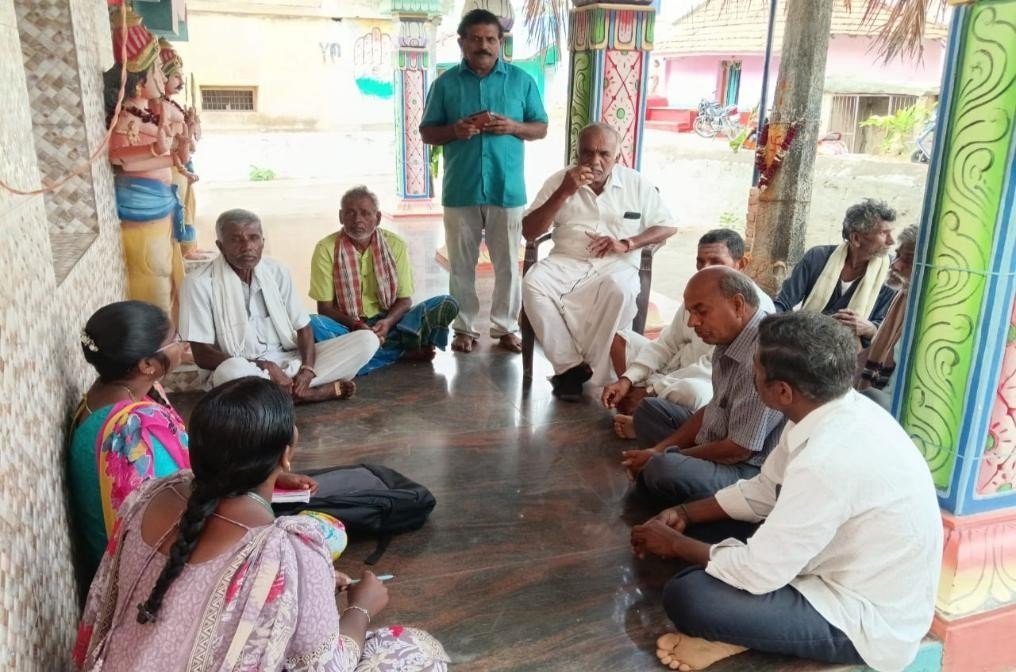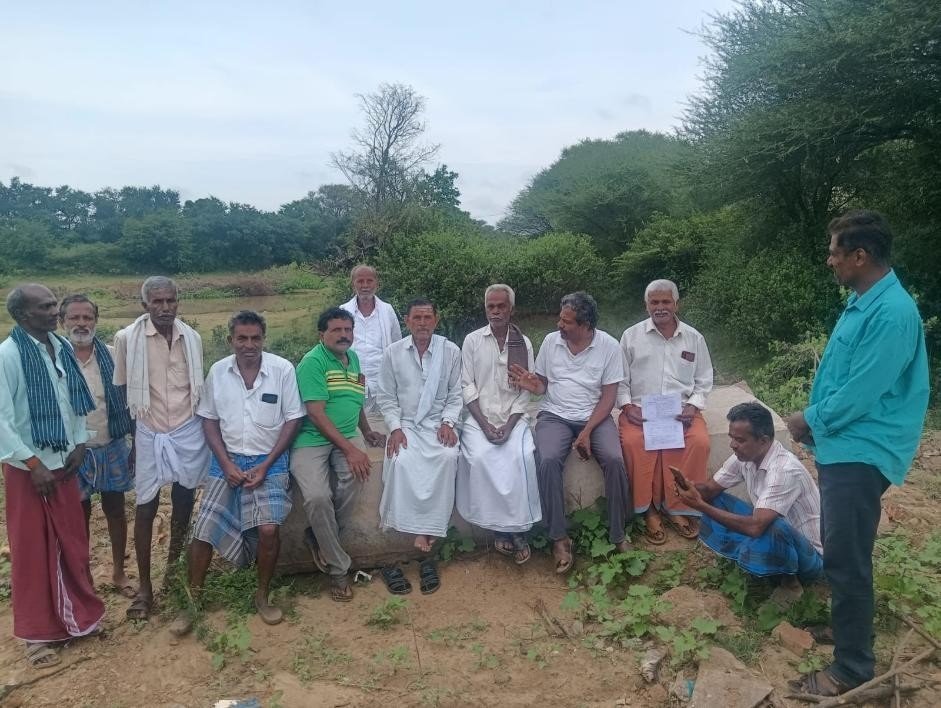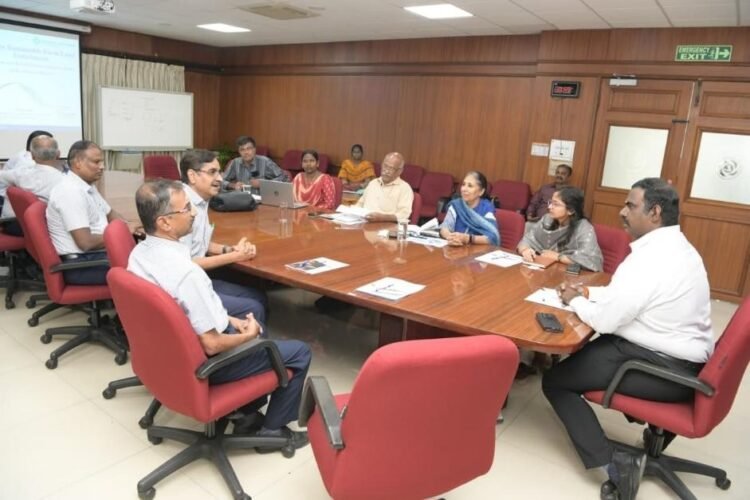CHENNAI (India CSR): Hinduja Foundation, the philanthropic arm of the 110-year-old Hinduja Group, has launched ‘Silt for Sustainable Farmland Enrichment’, a first-of-its-kind initiative in Tamil Nadu’s Krishnagiri district under its flagship Jal Jeevan programme. Implemented by PRADAN (Professional Assistance for Development Action), with Ashok Leyland as the CSR partner, the initiativehas restored about 55 hectares of farmland – equivalent to over 75 football fields and reduced cultivation costs for over 60 small and marginal farmers across Shoolagiri, Hosur, and Denkanikottai taluks.
Krishnagiri, renowned for its irrigation tanks and horticulture, faces critical challenges of water scarcity and declining soil fertility, especially for small and marginal farmers. The initiative, built on strong collaboration with the government, is a replicable model for sustainable agriculture and rural livelihoods, combining innovation, environmental stewardship, and community empowerment.

“At Hinduja Foundation, our focus is on creating sustainable solutions that empower communities for the future. This initiative reflects our belief that innovation in rural development can go hand in hand with environmental stewardship. We see this as the beginning of a model that can be scaled across regions to help more farmers thrive,” said Raman Kalyanakrishnan, CEO, Hinduja Foundation.
The project desilts tank beds, enriches farmlands with nutrient-rich silt, and rehabilitates tanks and channel networks. Through this, it strengthens local communities, reduces dependence on chemical fertilizers, and improves crop productivity.

Through this effort, over 730 farmers across 10 villages are expected to benefit from restored soil fertility, forming the foundation for a scalable, state-wide model for sustainable tank rehabilitation.
By mobilizing communities to desilt tanks and form Tank Protection Committees, the initiative is enhancing groundwater levels, boosting water storage, and building climate resilience. Benefiting primarily small and marginal farmers cultivating ragi and vegetables, the project is turning local challenges into opportunities for large-scale regeneration. It sets a precedent for scalable, climate-resilient agriculture that can inspire similar initiatives across India.
(India CSR)







